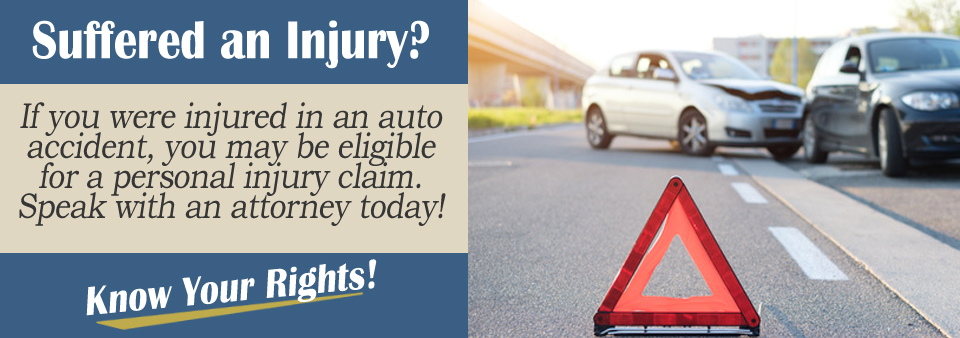No other type of car accident can leave behind more medical devastation than the medical devastation left behind by a head on collision.
At first, you might be responsible for paying your medical bills, but after filing an insurance claim to pay for personal injury expenses, some, if not all of the burden of paying form medical expenses after a car accident might lie at the doorstep of your insurance company or even the other driver.
Paying Off Costly Medical Bills
Healthcare providers do not wait for insurance company decisions or for legal proceedings to conclude. They want their money as soon as possible after treating the injuries caused by a vehicle accident.
This means you can expect to be on the financial hook initially for paying off medical bills. However, depending on your insurance coverage and the state where you live, you might get financial relief for a percentage of the costs associated with a head on collision.
Medical bills pile up quickly after a head on crash. The worst case scenario is severe head trauma that can take decades to rehabilitate. Then, you have to factor in the emotional impact of involvement in a potentially life-threatening auto accident.
Although you cannot place a dollar number next to a head on collision, you can expect to fork over as much as tens of thousands of dollars to treat various ailments that include broken bones, spinal cord damages, and a concussion that can linger for months if not years.
What Does No Fault Insurance Mean?
Before paying off car accident medical bills, you should determine whether your insurance policy is a no fault policy. This type of auto insurance policy means your car insurance company pays some, most, or all of the medical expenses associated with a car accident.
An auto policy of this kind usually pays out faster than an insurance policy that does not include a no fault provision regardless of which driver caused a car crash. Fewer than a dozen states require no fault car insurance, including Kansas, New York, and Pennsylvania.

Filing a Personal Injury Claim
Whether you live in a no fault state or your insurance policy includes the option to pay off medical bills through a Medical Payment (Med Pay) plan, you might still have a strong enough case to file a personal injury claim.
Med Pay insurance usually limits the amount of coverage, which represents the maximum payment sent out for medical bills by your car insurance company. Any medical costs that exceed the limit on a Med Pay plan become the financial responsibility of the auto insurance policyholder.
Med Pay coverage is an especially helpful policy for health insurance policyholders that have higher than average deductibles.
Get Help from a Personal Injury Lawyer
The physical and emotional toll a head on collision places on a victim can take years to mitigate. However, paying for the costs of medical care after a severe vehicle crash can take longer than that. By Scheduling a free case evaluation with a state-licensed personal injury attorney, you can determine whether you have a strong enough case to file a personal injury claim.
Your lawyer can also help you make sense of your car insurance policy, particularly if you live in a no fault auto insurance state.